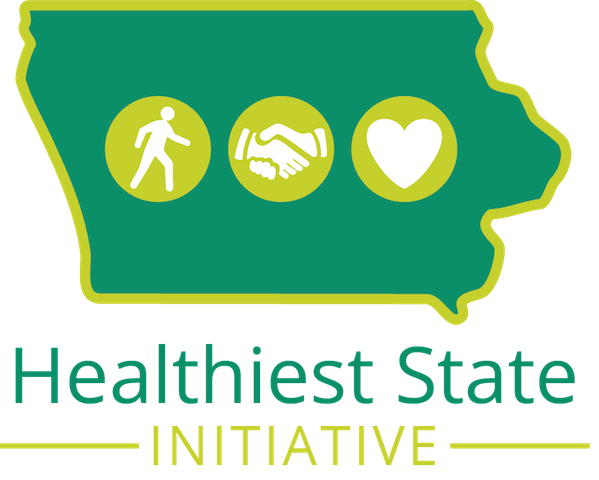Survey: Iowa farmers report mental illness stigma
Bank Iowa partners with Make It OK on mental health awareness
More than 40 percent of Iowa farmers, in a recent survey, said they would be reluctant to seek help if they were experiencing a mental illness and would perceive themselves as weak if they thought they had a mental illness.
Findings from the 2021 Mental Health Outlook Survey conducted by Bank Iowa of people living and working in 23 communities served by the bank show that:
42% of farmer respondents either strongly agreed or agreed with the statement: “If I thought I had a mental illness, I would be reluctant to seek help.”
44% of farmer respondents either strongly agreed or agreed with the statement: “If I thought I had a mental illness, I would see myself as weak.”
49% of farmer respondents either strongly agreed or agreed with the statement: “There are negative impressions, stereotypes or stigma about mental health in my community.”
77% of farmer respondents answered Yes to the question: “Have you or a loved one every struggled with a mental illness?”
More than 3,000 Iowans responded to the survey, 461 of which indicated they were farmers. Although those questions were options, nearly 90 percent of the farmers responded.
Bank Iowa developed the survey questions related to mental health in collaboration with Iowa Healthiest State Initiative and the Make It OK Campaign.
“This survey demonstrates that the stigma of mental illness is prevalent in rural Iowa communities and it is potentially stopping people from getting the help they need,” said Jami Haberl, Executive Director of the Healthiest State Initiative which oversees Make It OK in Iowa.
Bank Iowa, the second-largest family-owned bank in the state, discovered the Make It OK campaign when researching potential solutions to a problem identified by its lending team. Make It OK is a community campaign to reduce mental illness stigma by starting conversations and increasing understanding about mental illness. Bank Iowa is a sponsor of Make It OK.
Beginning in 2020, Bank Iowa team members reported an increasing number of clients who appeared to be struggling with mental health. Farmers, especially, were confiding in Bank Iowa lenders and other frontline staff about feelings of despair.
“Lenders were sharing more stories of clients who were feeling depressed and hopeless, sometimes openly crying in our offices,” said Jim Plagge, Bank Iowa president and CEO. “We wanted to see if we could get some data to support our hunch that Iowa’s farmers needed help. As the results of the survey indicate, mental health stigma is real, and the challenges facing our ag community persist.”
The desire to gain more insight into mental health in Iowa’s farm communities led to an inaugural Mental Health Outlook survey by Bank Iowa. Plagge reported receiving uplifting comments from community members who were grateful that the financial institution was addressing mental health with its clients.
“We all need help from time to time and farmers are no exception. some of the challenges they face are unique, like financial stress and unpredictable weather and markets,” said Iowa Secretary of Agriculture Mike Naig. “We want anyone dealing with added stress and mental health challenges to know that they are not alone and there are resources available to help.”
Next steps for Bank Iowa include registering as a Make It OK Workplace and engaging staff in the Make It OK Ambassador program. A Make It OK Ambassador does not need to be an expert on mental health but someone who is passionate about promoting mental health awareness. The ambassador training will equip bank staff with the knowledge, tools and resources to navigate conversations about mental health in a supportive way.
“Financial wellness and mental health are inherently connected,” said Haberl. “That connection was made even more clear during the COVID-19 pandemic. We are so encouraged by Bank Iowa’s recognition of the impact mental health has on its clients and the communites it serves, including our farmers.”
Other organizations across the state that are interested in becoming a Make It OK Registered Workplace or hosting a Make It OK Ambassador training for their team members can visit our Make It OK page for more information.


